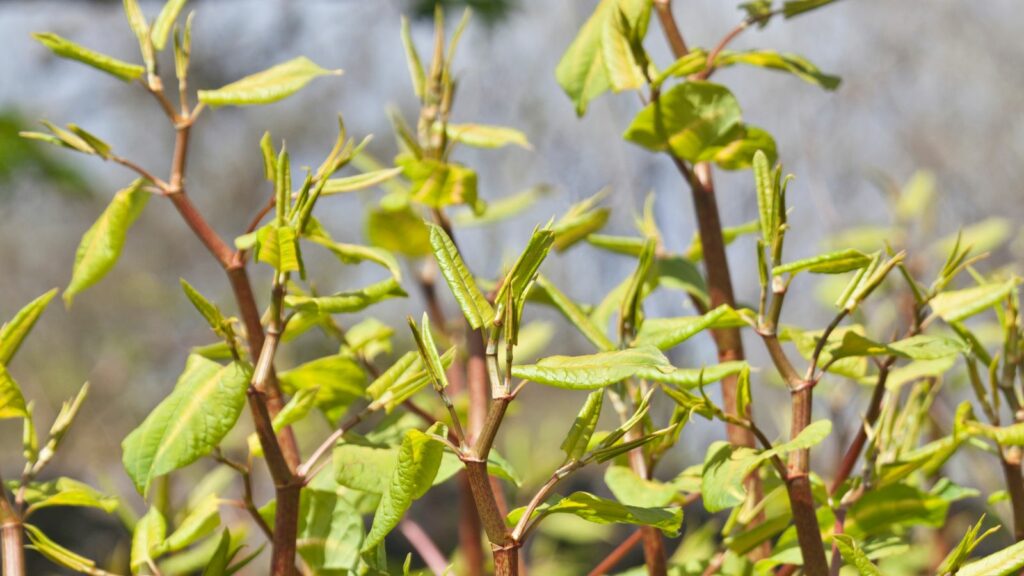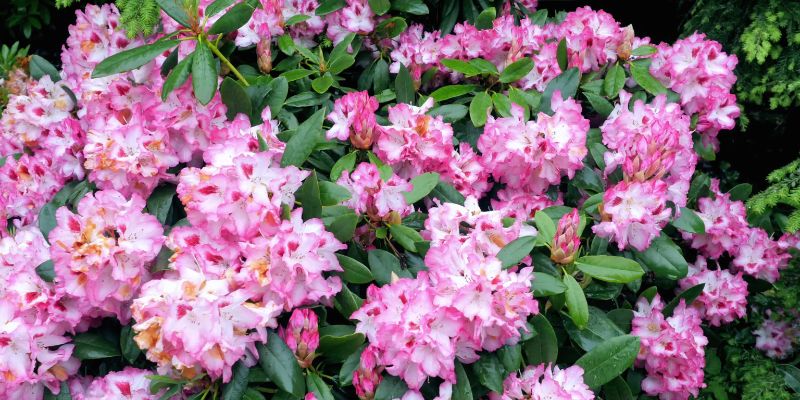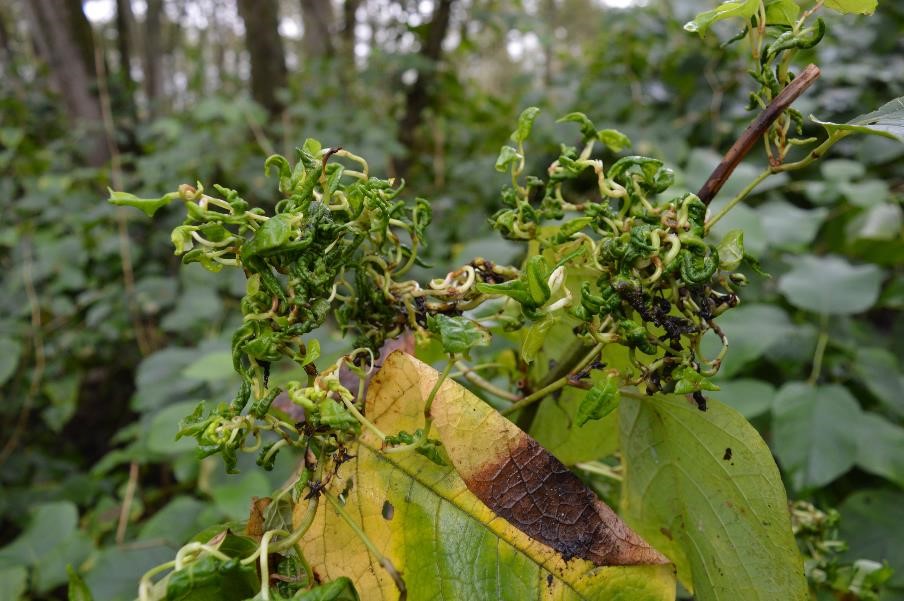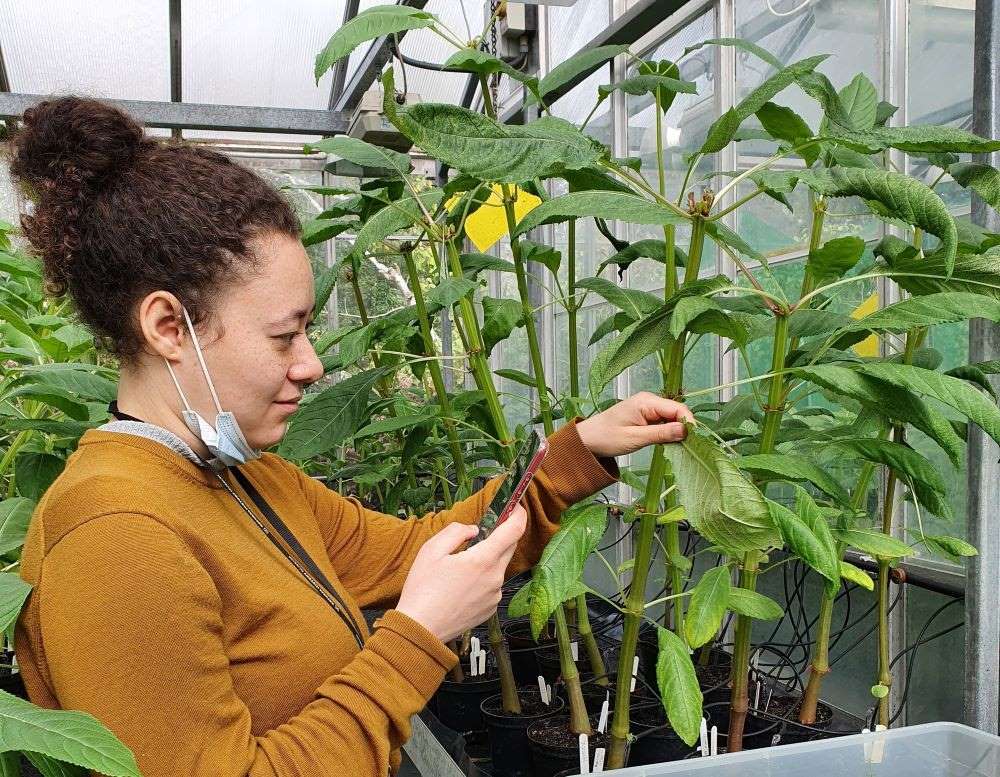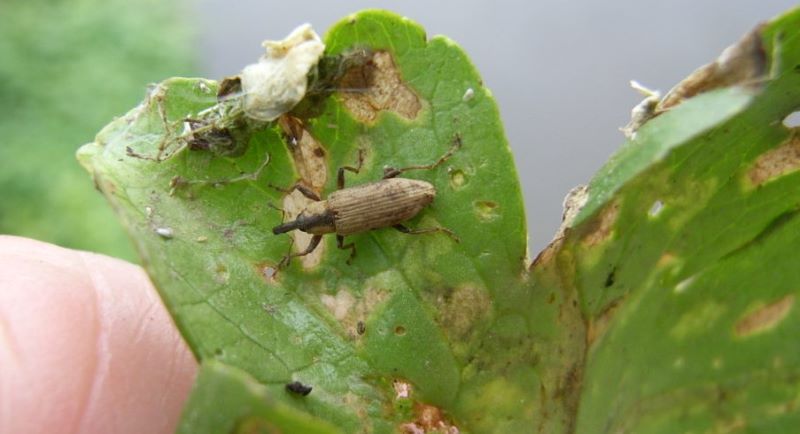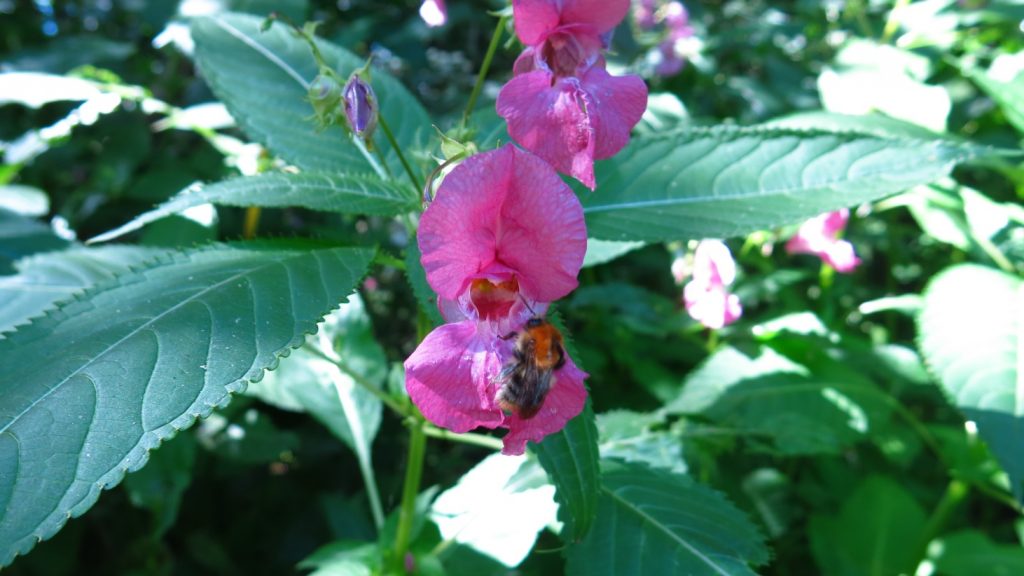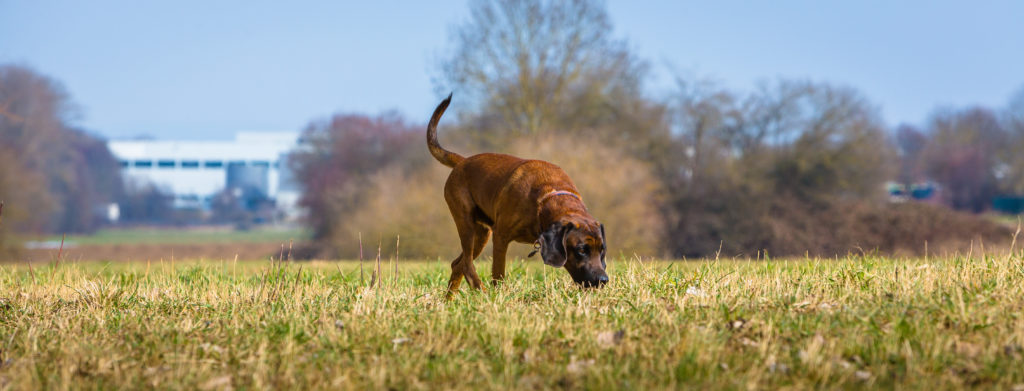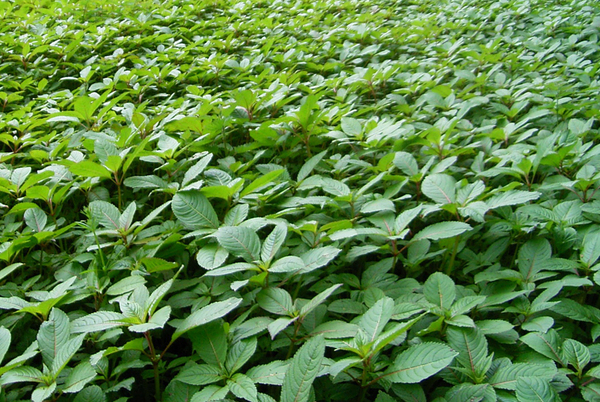Dr Dick Shaw discusses the power of biocontrol
CABI has worked on invasive species for over 100 years, developing practical ways of tackling the biggest threats. Our scientists are world leaders in biocontrol research – an approach that uses invasive species’ natural enemies, like insects and fungi, to control their spread. In this blog, Dr Dick Shaw, CABI’s Senior Regional Director for Europe…
Insect heroes fighting invasive species
Today marks the beginning of Insect Week (21-27 June) – a week to learn more about the science and natural history of insects. We are highlighting some of the insect heroes, and villains, CABI scientists work with on a regular basis. Scientists at CABI’s Egham laboratory work with a range of insect species, from plant-parasitic…
UK Invasive Species Week – how can we tackle some of the worst weeds in the UK?
Today marks the beginning of UK Invasive Species Week (24-30 May) – a week to raise awareness about the threat of invasive species in the UK and the significant negative impacts they cause to our environment, our economy and our daily lives.
CABI supports first Dutch field trials with exotic insect to combat Japanese knotweed
For the first time in the Netherlands, an exotic insect species is released into the wild to combat a harmful plant species. The Japanese knotweed psyllid should offer relief against the rampant Asian knotweed. Suzanne Lommen of the Institute of Biology Leiden is coordinating the field trials as part of a consortium which includes CABI,…
A fifth of the world’s plants under threat, as report says 391,000 species now known to science
Dave Simpson – 11 May 2016 A ground-breaking report from the Royal Botanic Gardens, Kew, has produced an estimate of the number of plants known to science. By searching through existing databases, the researchers have estimated that there are now 390,900 known plant species, of which around 369,400 are flowering plants. But this figure is…


